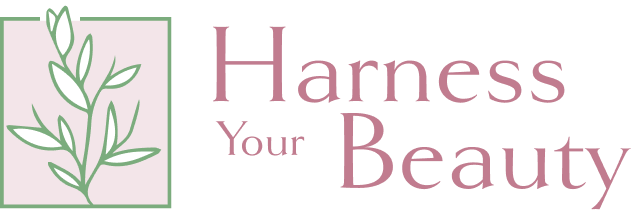
Editor’s note: Kara Alaimo is an associate professor of communication at Fairleigh Dickinson University. Her book “Over the Influence: Why Social Media Is Toxic for Women and Girls — And How We Can Take It Back” was recently published by Alcove Press.
When people struggle with their mental health, they often turn to TikTok instead of docs.
A majority of adult TikTok users — 66% — have seen mental health content on the app, according to a 2024 KFF Health Misinformation Tracking Poll.
“The majority of people that are accessing TikTok are going to at some point seek some type of mental health guidance or referral from resources within TikTok,” said Dr. Thomas Milam, a Virginia-based psychiatrist and chief medical officer of Iris Telehealth, a mental health provider.
It’s easy to see why: There’s a shortage of mental health providers, and it’s often expensive and difficult to get an appointment, whereas social media is at everyone’s fingertips.
The increased recognition of mental health concerns on social networks is a positive thing, said Lindsay Liben, a New York City-based psychotherapist. “People are being a lot more transparent about mental health and seeking out ways of improving their emotional well-being,” she said.
But it’s generally not a good idea to try to diagnose your problems on social media.
Misleading posts and misdiagnoses
Liben pointed out that some information shared online comes from people who aren’t mental health professionals.
And such posts are often inaccurate or misleading. In a small 2023 study of TikTok videos about autism in the Journal of Autism and Developmental Disorders, 41% of informational videos were inaccurate and 32% overgeneralized.
More than half of TikTok videos about attention deficit hyperactivity disorder — 52% —contained misleading claims, according to a small 2022 study of 100 TikTok videos published in The Canadian Journal of Psychiatry.
A TikTok spokesperson said the company acts against health misinformation, working with independent partners, and may label posts that can’t be verified as true or prompt users to reconsider sharing such content. The representative also said the app’s Safety Center provides users with reliable mental health information and directs those who search for content about well-being to sources that can help them.
Milam said one reason it’s hard to diagnose a psychological problem from a social media post is because the same symptoms often could be evidence of different ailments.
“There (are) certain symptoms of anxiety or depression: low energy, fatigue, tiredness, poor concentration,” he said. “It might be anxiety; it might be depression. … It might be ADHD. It might be that you didn’t sleep well last night. It might be that you’re getting a cold.”
Watching a video about signs of a particular problem could wrongly lead users to believe they have it when something else is causing their symptoms.
At other times, patients might fail to get to the root of their problems. For example, if a child is not sleeping well, a parent might watch videos on how to improve the youth’s sleep, Liben said. “Are you missing the fact that the child is having nightmares because he’s being bullied at school? It can be deeper than what exists on the surface,” she said.
Other times, patients might wrongly believe they have a mental health condition when they don’t. Feelings of worry, anxiety, sadness and fear are normal parts of the human experience, said Milam, who is also an associate professor of psychology at Virginia Tech’s Carilion School of Medicine.
He pointed out that mental health professionals are trained to listen to patients to diagnose them correctly — something videos don’t do.
Piling on products and problems
Milam said another problem is some people who post mental health content on social media are trying to sell users products such as sleep aids or vitamins — or simply to keep them coming back to consume more content. Many self-help posts on social media also serve up simple solutions to complex problems.
“For the general population of children who struggle with anxiety or depression, quick fixes just aren’t going to work,” Milam said.
Yet people sharing mental health content often don’t make that clear.
“Videos sometimes make it seem easy to solve problems,” Liben said. Then, when people can’t fix their issues with the solutions they’ve seen prescribed online, they can feel like failures.
“They say follow this or take these steps, and then if it doesn’t work, it can really set you back a little further or add stress,” she said.
Reputable mental health resources
If users do turn to the internet for mental health information, Liben said they should make sure the content they consume is from people who are credentialed or licensed — with a title such as doctor of medicine, a doctorate, a licensed clinical social worker or a licensed mental health counselor.
She suggested reading about their educational backgrounds and training. She also recommended selecting content from creators who are transparent about their sources and who draw upon high-quality research.
Milam recommended that people who suspect they may have a mental health problem reach out to their existing medical providers, such as pediatricians or family medicine physicians, who can provide guidance and potentially connect them with mental health professionals and other resources.
He also suggested consulting resources offered by the American Psychiatric Association and American Psychological Association.
Liben recommended parents consult the US Centers for Disease Control and Prevention’s resources for parents and PBS Kids for Parents.
Getting to the root of what causes problems usually requires more complex interventions than a TikTok video. That’s why experts said answers are likelier to be found on an old-fashioned therapist’s sofa than social media.
